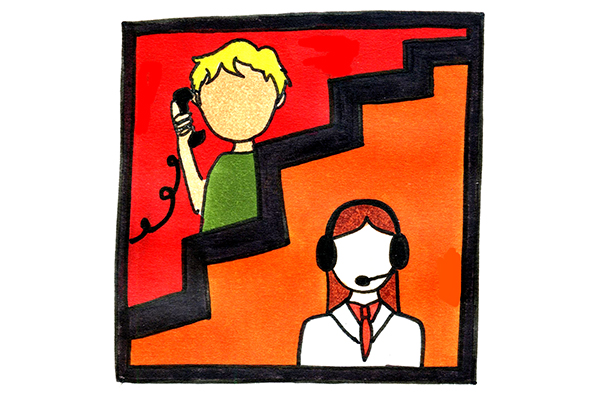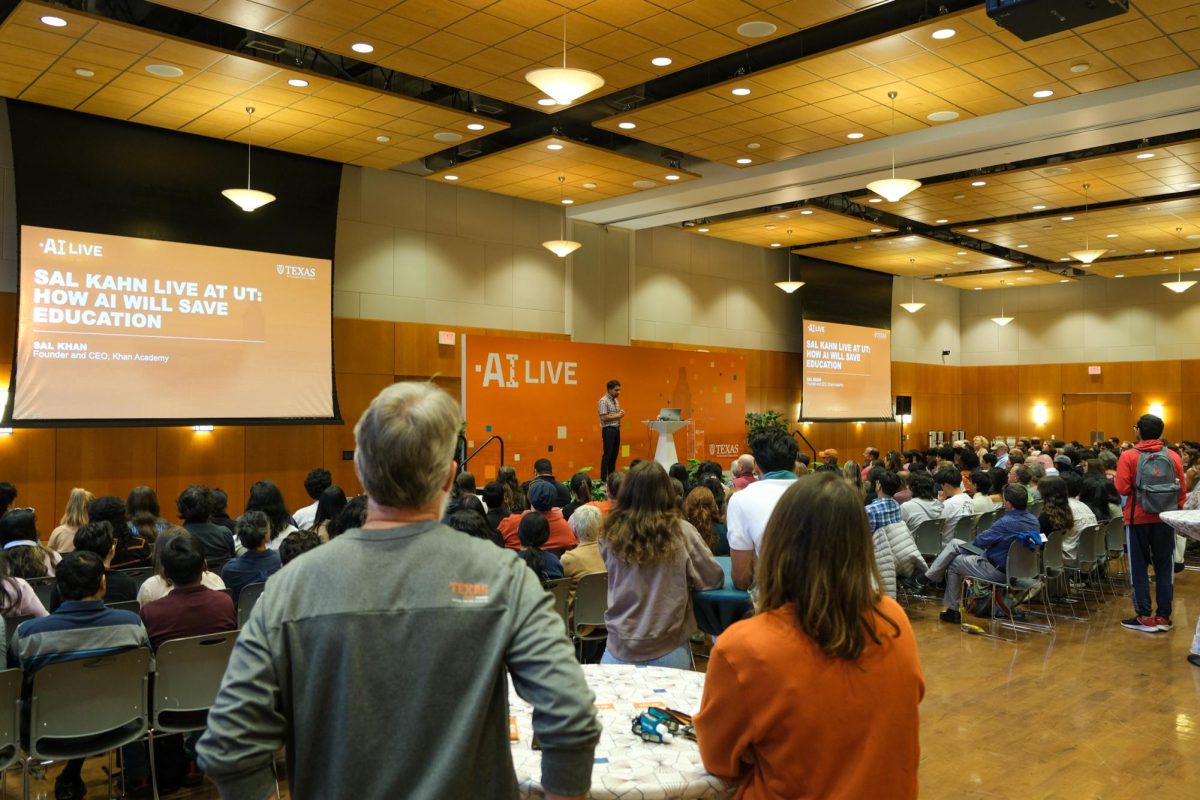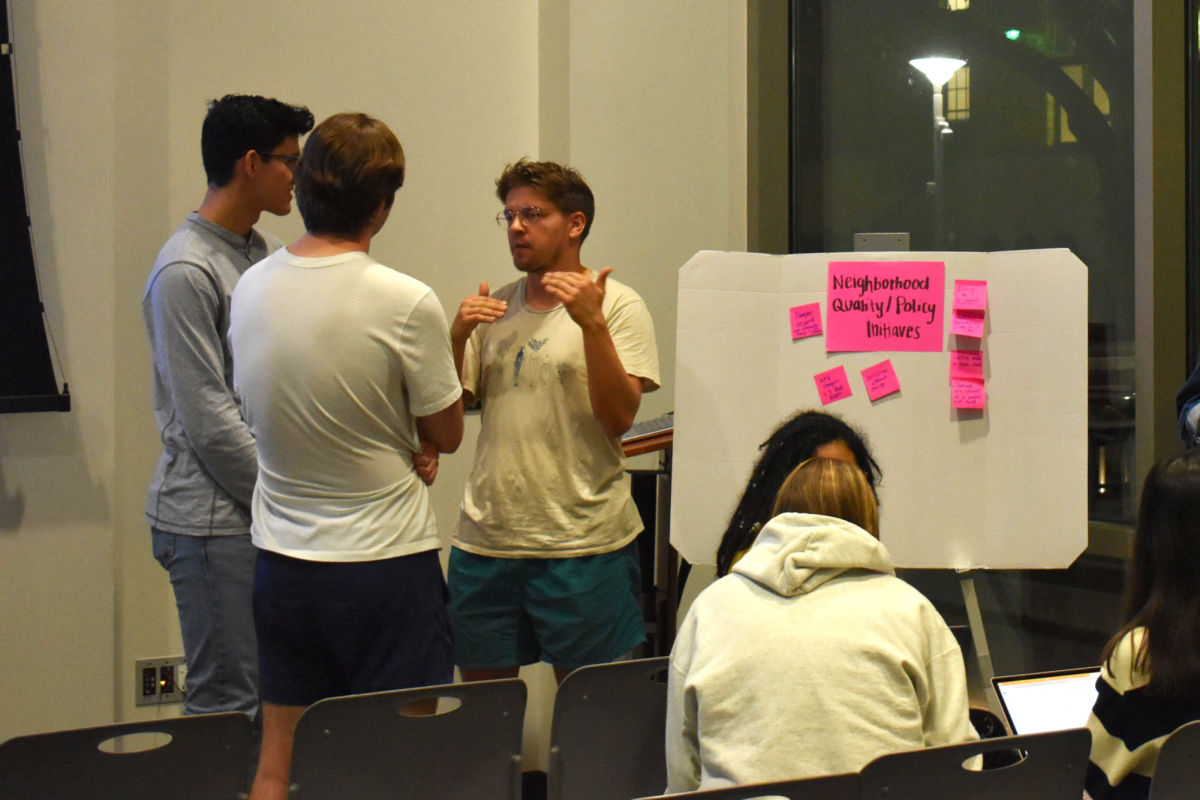Worried for a friend showing depressive symptoms, Carol Li said she called the Behavior Concerns Advice line.
“I was really worried about my friend to the point where I was shaking,” said Li, a business honors and management information systems sophomore. “After being able to talk to someone else on the phone about it, I felt a lot better.”
The Behavior Concerns Advice Line is a service for students, faculty and staff to discuss a variety of concerns about anyone on campus, said Kelly Soucy, Student Emergency Services director.
Li said she hesitated to call the advice line because she didn’t know what to expect. Li said she was worried she would be pressured to share too much information and betray her friend’s confidence. Li said she was glad she didn’t have to disclose her friend’s identity and felt supported by the advice line staff.
“Number one, (our staff) want to know what the concerns are (and) really provide advice and resources,” Soucy said. “Since we know the caller will make the most impact on that person’s life, we encourage the caller to be the one to say they’re worried.”
Li said the advice line responder asked her if the person she was concerned about was at least 18 years old, how urgent the situation was and how likely her friend was to harm themselves. She was also given a list of additional resources.
The first time Li called the advice line was at night, and the call ended after giving her student ID to the respondent, Li said. The advice line called her back the following afternoon. During business hours, Student Emergency Services staff who are trained in threat assessment answer Behavior Concerns Advice line calls, Soucy said. After hours, ProtoCall, a support service for crisis lines focused on immediate safety concerns, answers calls, Soucy said.
“There was a noticeable user experience difference between whether someone called our staff or ProtoCall,” Soucy said. “We’ve been listening to calls and giving feedback on how our team responds.”
The Behavior Concerns Advice line is implementing changes to improve after-hour calls, give students greater anonymity, allow online reports and receive more feedback for improvement, Soucy said.
“Part of looking out for each other includes noticing when something might be different about one of our friends or a classmate and offering to connect them to resources. Or, even just asking if they want to talk or discussing your concerns with other resources on campus,” said Katy Redd, associate director for prevention and outreach at the Counseling and Mental Health Center.


















